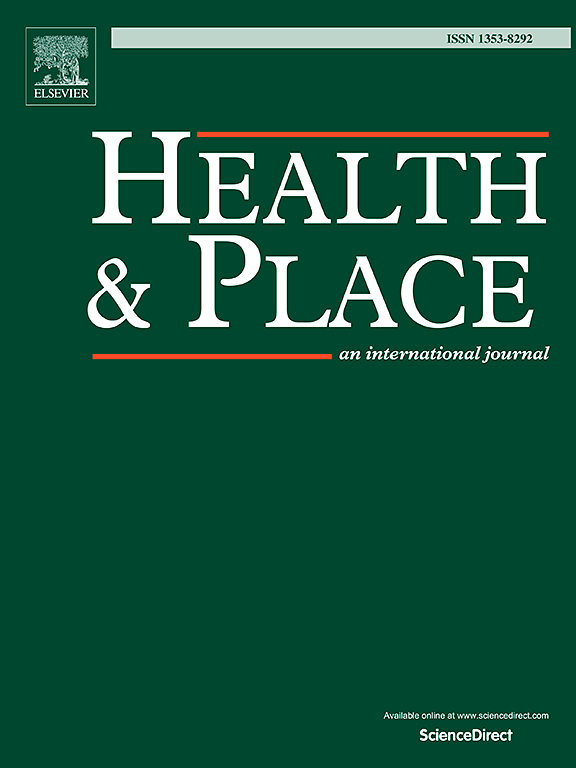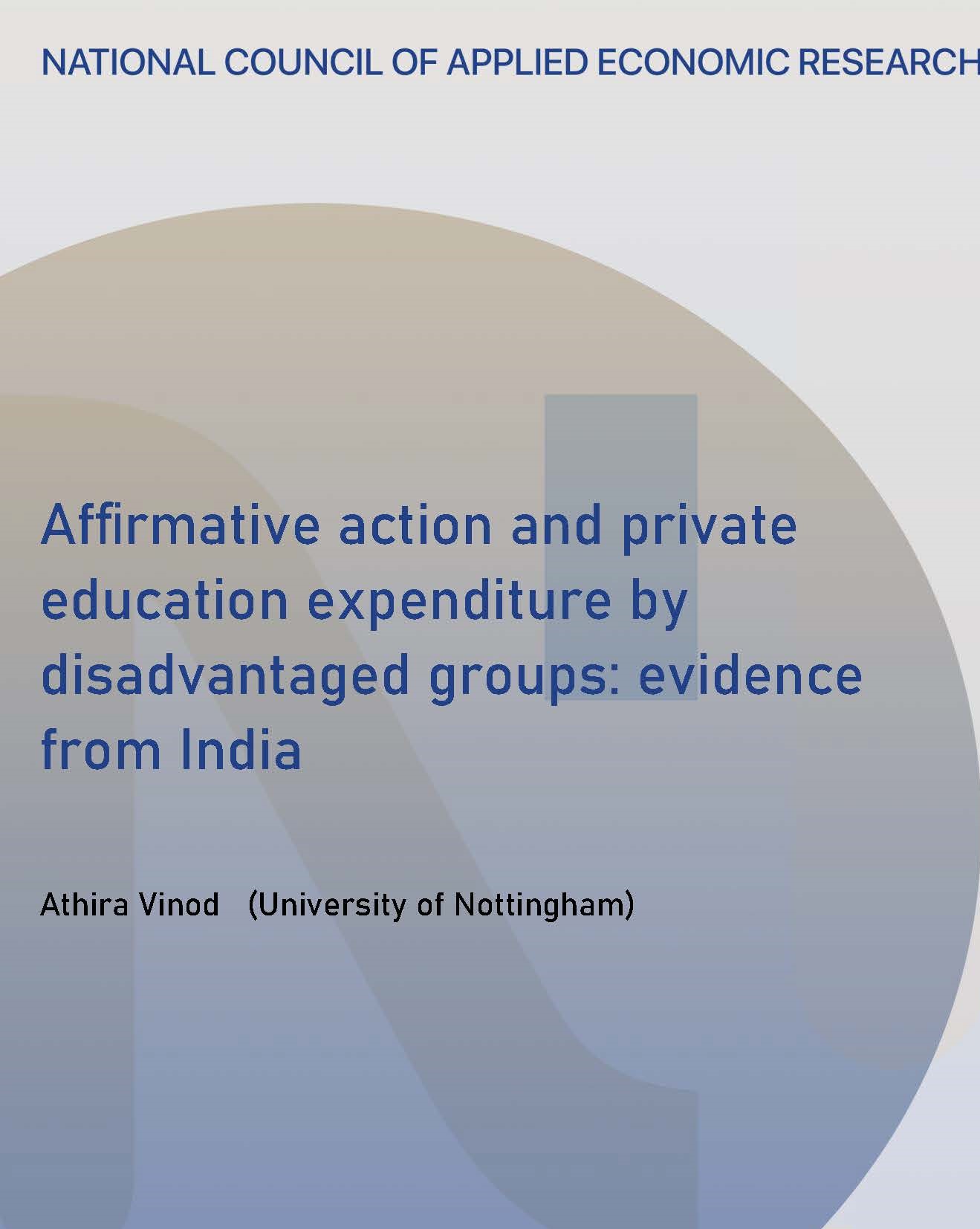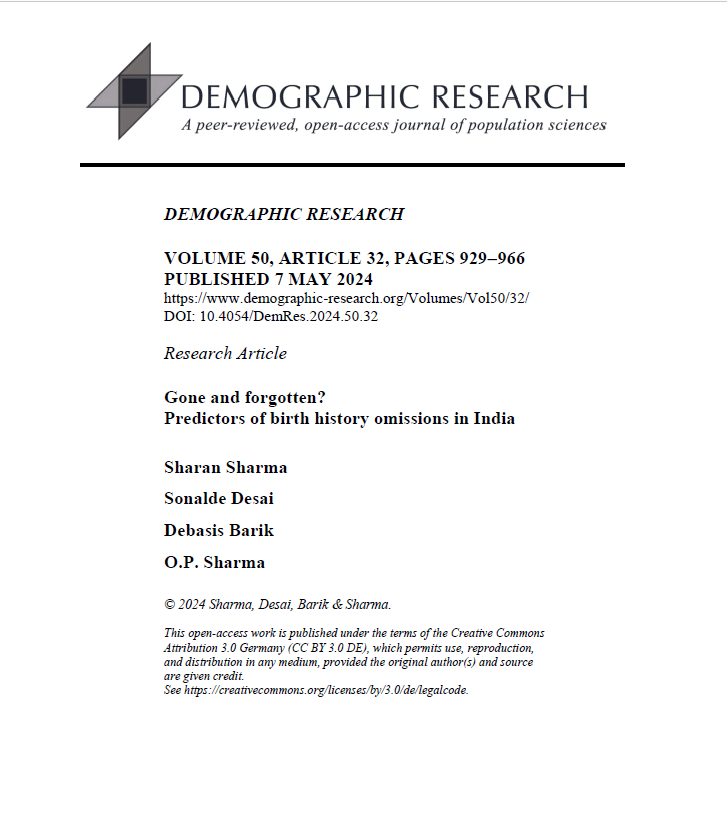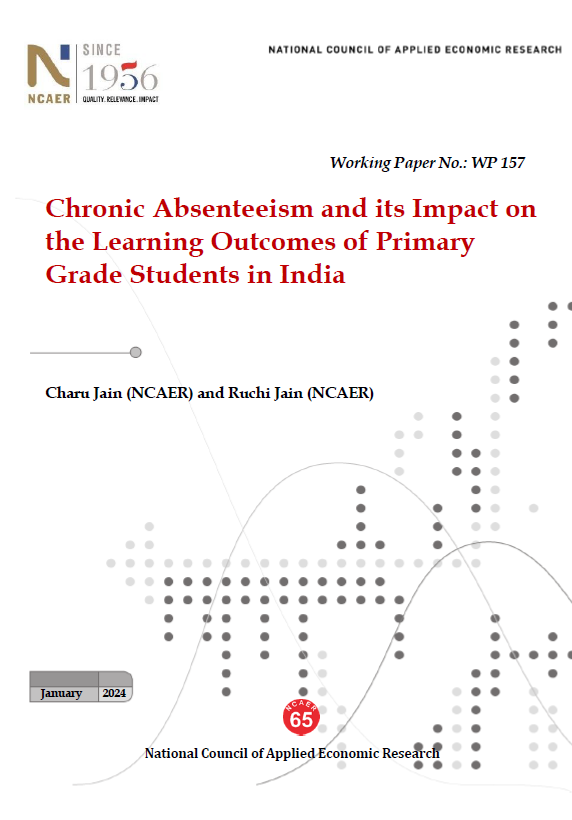
This paper explores ‘gatekeeping’, the phenomenon where access to a sample person in the household is controlled by another person. Gatekeeping of female persons is especially an issue in societies governed by gendered social norms. It can increase survey error by reducing response rates and... Read More

While the dominant patterns of migration for livelihood among the poor in India are rural-to-rural and circular, literature on the health implications of child migration has largely focused on rural-to-urban, permanent movement. We compared child growth across three migration typologies rural Bihar: circular migrant families... Read More

Under the Right to Education Act (2009), the Indian government mandated private schools to reserve 25% of primary school places for socioeconomically disadvantaged children. This study examines the policy’s spillover effect on private schooling costs. Using household survey data and a difference-in-differences approach, it compares... Read More

Background: Fertility histories are subject to measurement errors such as incorrect birth dates, incorrect birth orders, incorrect sex, and omissions. These errors can bias demographic estimates such as fertility rates and child mortality rates. Objective: We focus on births missing in fertility histories. We estimate... Read More

This paper addresses one of the most critical yet overlooked problems of excessive absence of students in primary grades in India. Considering the intuitive link between students’ attendance and achievements, this paper empirically investigates the incidence and causes of chronic absenteeism while examining the variations... Read More